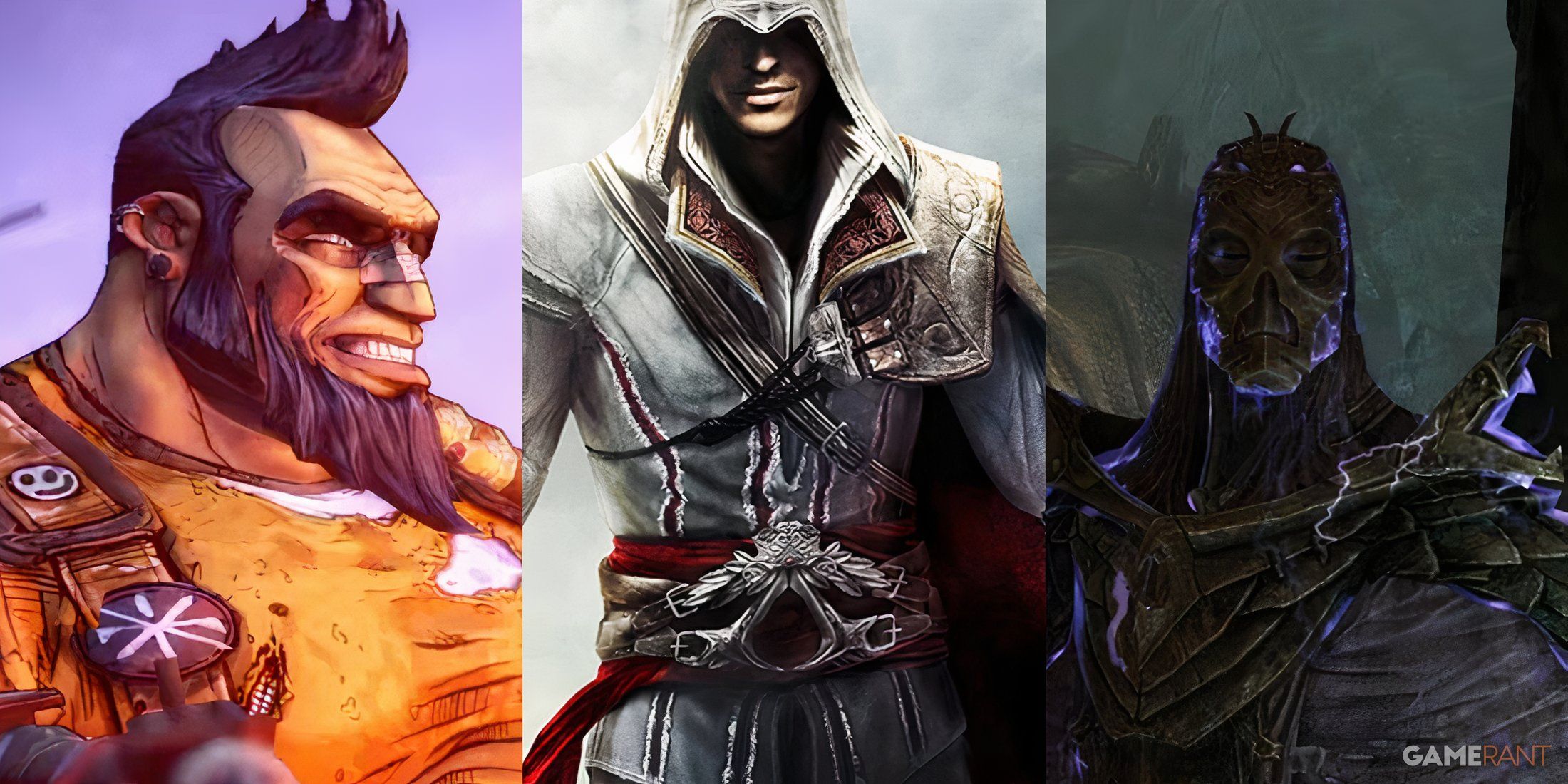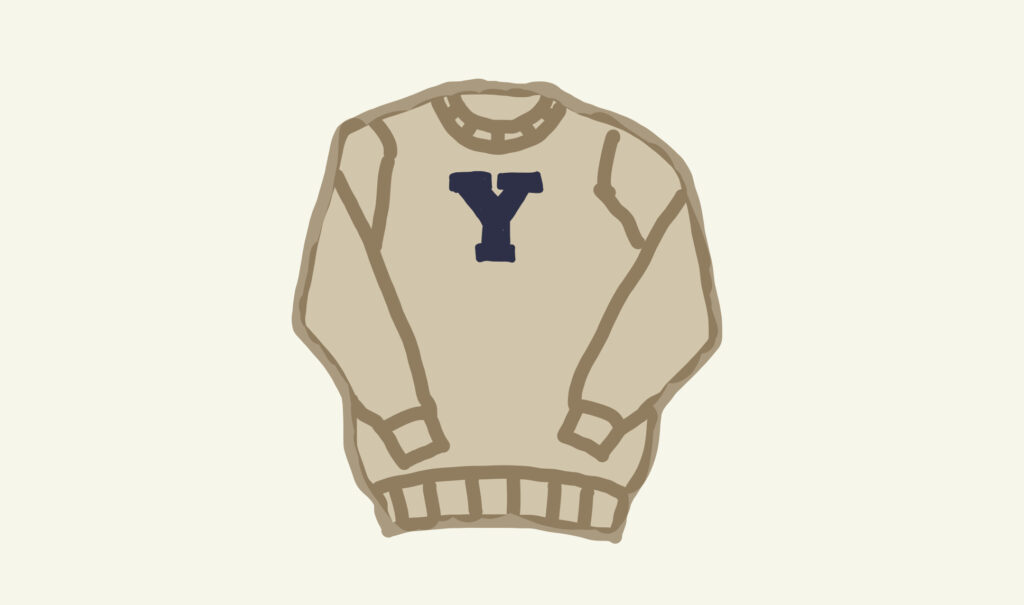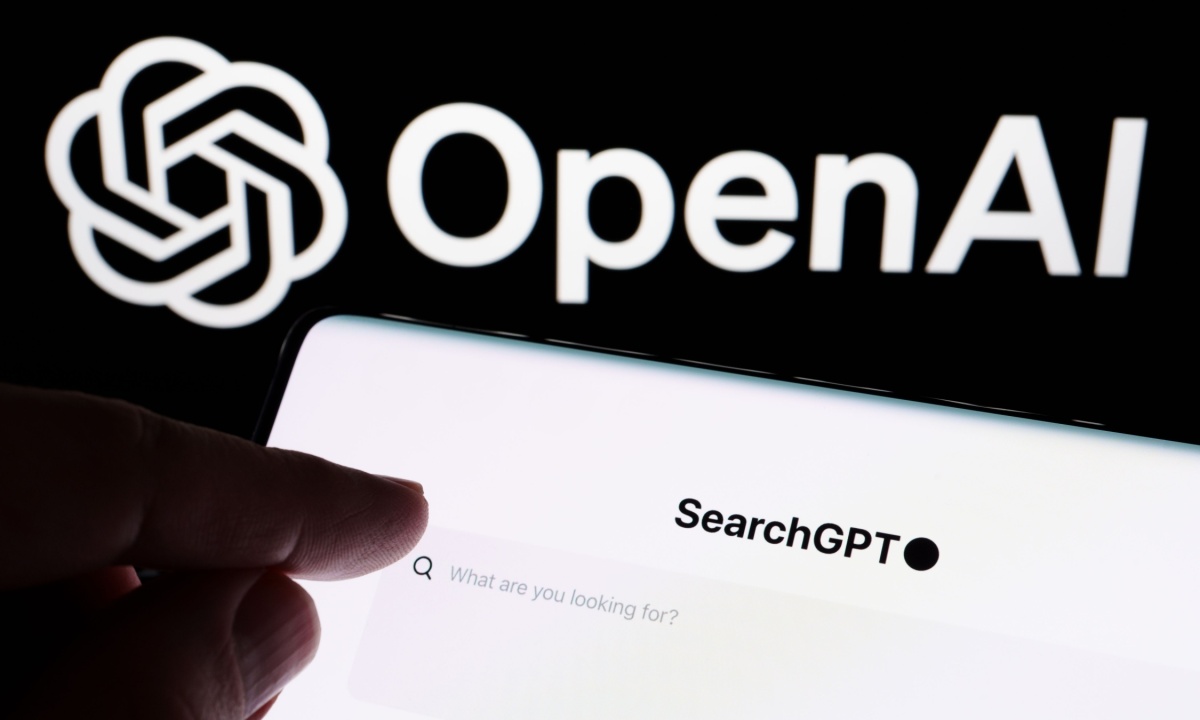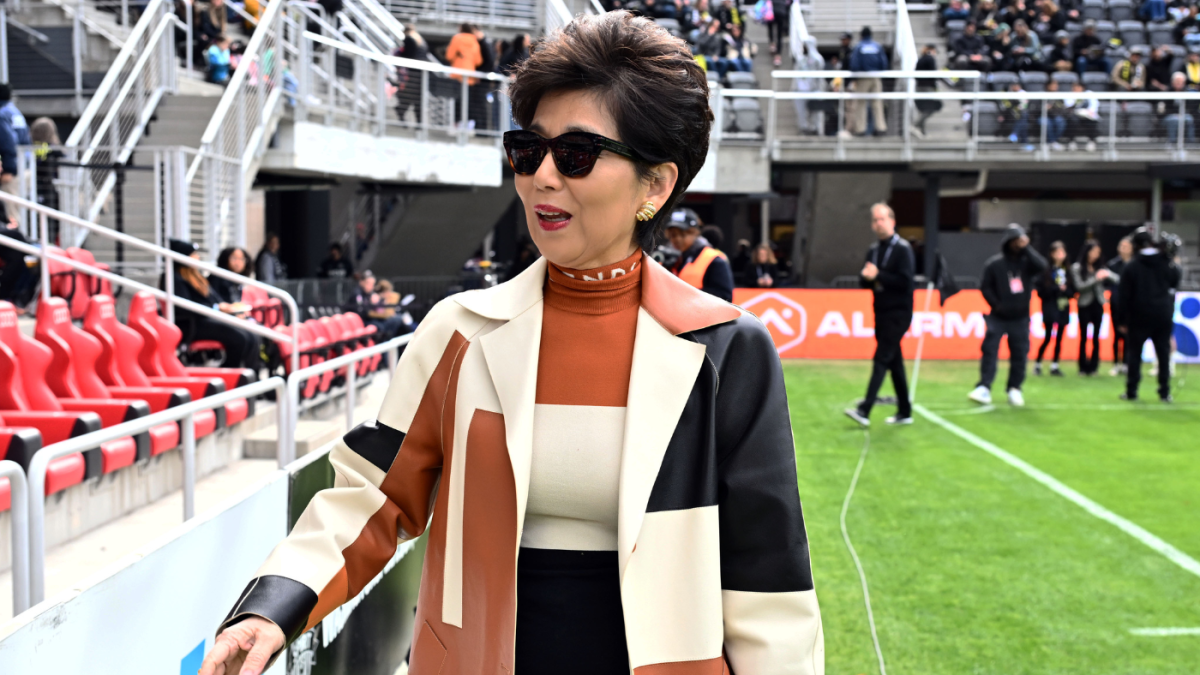Bussiness
The OpenAI talent exodus has become the joke of the moment in tech world
Mira Murati announced on Wednesday that she is leaving OpenAI, where she served as chief technology officer and interim CEO after Sam Altman was briefly ousted in November.
Her departure immediately set off shockwaves across the tech sector. Bloomberg reported that employees used a “WTF” emoji in Slack in response to the news. There’s also rampant speculation on X about why she is leaving — and where she’ll end up next.
And then, of course, there are the memes on social media, poking fun at the high-profile departures that have happened this year.
One VC joked that OpenAI lacked a C-suite.
Others pointed to a 2023 Wired magazine cover featuring CEO Altman, Murati, former chief scientist and cofounder Ilya Sutskever, and Greg Brockman, the company’s president and cofounder. Wired, at the time, called the OpenAI execs the world’s “AI overlords.”
Of the four, only Altman and Brockman are left at the company, and Brockman is on extended leave through the end of the year.
Sutskever announced his departure from OpenAI in May and launched his own AI startup focused on safety.
The snark on X, meanwhile, has reached critical mass.
OpenAI will reach its final form when the only remaining employee is just Sam and the AGI itself
— Madeline (@madsmacartney) September 25, 2024
A few hours after Murati announced her departure, two other OpenAi departures were announced on X: Bob McGrew, the company’s chief research officer, and Barret Zoph, the vice president of research.
Left on the leadership team are CFO Sarah Friar; Chief Scientist Officer Jakub Pachocki, who replaced Sutskever: Chief Operating Officer Brad Lightcap; and Chief Product Officer Kevin Weil.
Of the 11 cofounders of OpenAI from 2015, only Altman, Brockman (who, again, is on leave), and Wojciech Zaremba remain.
One of the cofounders, Elon Musk, has filed a lawsuit against OpenAI. Musk dropped, then reopened the suit in August, saying he believed he was helping start a nonprofit and had been “deceived.”
OpenAI responded to the lawsuit, telling Business Insider in an August statement: “As we said about Elon’s initial legal filing, which was subsequently withdrawn, Elon’s prior emails continue to speak for themselves.”
OpenAI did not immediately respond to a request for comment from BI on McGrew and Zoph’s departures.
The brain drain has also included other high-profile exits, including former researcher and head of alignment Jan Leike, who announced his resignation in May, shortly after Sutskever.
Daniel Kokotajlo and William Saunders, who previously worked on OpenAI’s governance and safety teams, respectively, left OpenAI in the first half of 2023.
Additionally, OpenAI cofounder John Schulman left in August to join OpenAI rival Anthropic — where Leike also landed. And another cofounder, Andrej Karpathy, left in February 2024.
In August, Kokotajlo said that about half of the people focused on AI safety had left the company.
“It’s not been like a coordinated thing,” he told Fortune. “I think it’s just people sort of individually giving up.”
OpenAI, which was founded in 2015, has been the dominant player in the AI race since the launch of ChatGPT in late November 2022. It has since launched more sophisticated versions of ChatGPT, its text-to-image model DALL-E, and GPT 4o. The startup also announced a voice assistant, a text-to-video model named Sora, and its most sophisticated AI model, o1, which the startup said can reason.
But rivals — including some OpenAI investors like Microsoft — are catching up. On Wednesday, Meta announced that Meta AI is on track to be “the most used AI assistant in the world.”
OpenAI’s latest funding round — which would bring its valuation to $150 billion — is now nearly complete and could include investors like Apple and Nvidia, per Bloomberg.
And Altman, according to Reuters and Bloomberg, could be in for a large payday with a reported company restructuring that would shift the startup away from its current nonprofit status.









